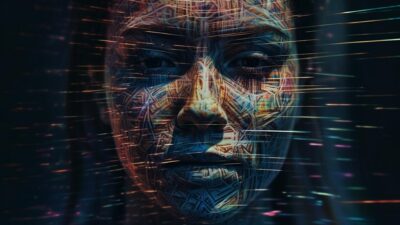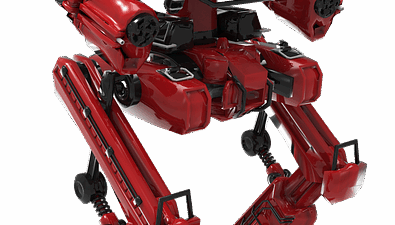As we move further into the 21st century, the landscape of work is undergoing a profound transformation, primarily fueled by advancements in technology. Among them, machine learning (ML) stands out as a pivotal force that is not just automating tasks but redefining the very nature of jobs and the skill sets required for the workforce of tomorrow.
The Rise of Machine Learning in the Workplace
Machine learning, a subfield of artificial intelligence, enables systems to learn from data and make predictions or decisions without explicit programming for each task. This capability is being harnessed across various sectors—healthcare, finance, retail, and beyond—to enhance productivity, drive business decisions, and create innovative products and services.
For instance, in healthcare, ML algorithms analyze vast amounts of patient data to predict disease outbreaks, assist in diagnostics, and personalize treatment plans. In finance, they are used for fraud detection and algorithmic trading. Retailers employ ML for inventory management and targeted marketing, optimizing the customer experience while driving sales.
Job Displacement Versus Job Transformation
One of the most significant concerns surrounding machine learning is the potential displacement of jobs. Positions that involve routine, repeatable tasks, such as data entry and basic customer service, are particularly vulnerable to automation. However, rather than leading to a net loss of jobs, ML is more likely to transform roles and create new opportunities.
For example, customer service roles are evolving; instead of handling simple inquiries, professionals are now expected to manage complex customer relationships and provide personalized experiences that machines cannot replicate. Similarly, data analysts are taking on more strategic roles, interpreting insights generated by ML systems to influence business decisions.
The Demand for New Skills
As the job market adapts to the rise of machine learning, so too must the skill sets of workers. The demand for technical skills related to machine learning and data science is skyrocketing. Job postings increasingly call for proficiency in programming languages such as Python and R, experience with data manipulation tools, and an understanding of algorithms and statistical principles.
However, beyond technical skills, there is a growing need for skills that machines cannot easily replicate—such as creativity, empathy, critical thinking, and problem-solving. Workers who can combine these uniquely human qualities with technical expertise will be at a distinct advantage in the evolving job landscape.
Lifelong Learning and Adaptability
The future of work necessitates a shift toward lifelong learning. As industries evolve, workers must be prepared to continually upgrade their skills and embrace new learning opportunities. Organizations, in turn, need to foster a culture of continuous development, incorporating training programs and resources that empower employees to adapt to rapidly changing technologies.
Many companies are beginning to offer upskilling and reskilling programs, recognizing that investing in their workforce not only helps retain talent but also drives overall productivity and innovation. Collaborations between educational institutions and businesses are also on the rise, facilitating tailored training programs that align with industry needs.
The Role of Leadership
Leaders in organizations face the critical task of guiding their teams through this transition. They must cultivate an environment that embraces change, promotes innovation, and values diverse skill sets. Encouraging collaboration between humans and machines, and fostering a culture of exploration and creativity, will be key in leveraging the full potential of machine learning.
Moreover, ethical considerations surrounding ML must also be taken into account. Leaders have the responsibility to ensure that the AI systems they implement are fair, transparent, and respectful of privacy and data security, aligning with broader societal values.
Conclusion
The future of work, shaped by machine learning, presents both challenges and opportunities. While the fear of job displacement looms large, the reality is that many roles will be transformed, leading to new job creation and the demand for a diverse set of skills. By prioritizing lifelong learning, adaptability, and leadership, individuals and organizations can position themselves to thrive in this new era, harnessing the power of machine learning to create a more efficient, innovative, and human-centric future.
As we advance, one thing is clear: the collaboration between humans and machines will drive the next wave of economic growth and reshape our workplaces in ways we are only beginning to imagine.



